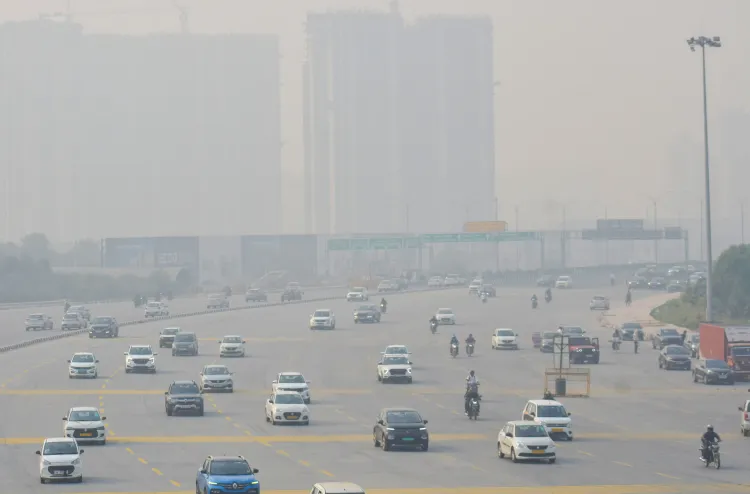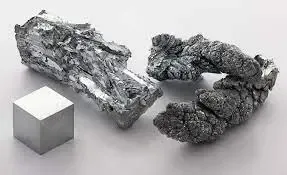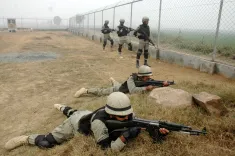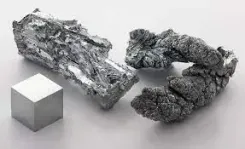What Steps Are Punjab and Haryana Taking to Combat Stubble Burning?

Synopsis
Key Takeaways
- The Supreme Court has ordered Punjab and Haryana to report on stubble burning prevention efforts.
- Air quality in Delhi has reached severe levels, exceeding an AQI of 450.
- Implementation of GRAP-IV is being considered due to alarming pollution levels.
- Senior advocates have raised concerns about discrepancies in official pollution data.
- Judicial dissatisfaction with state actions against pollution has been expressed.
New Delhi, Nov 12 (NationPress) The Supreme Court on Wednesday mandated the governments of Punjab and Haryana to submit comprehensive affidavits detailing the measures implemented to curb stubble burning, as air quality in the national capital and surrounding regions fell to "severe" levels.
A bench led by Chief Justice of India (CJI) B.R. Gavai, which has been overseeing strategies to mitigate air pollution in the Delhi-NCR, acknowledged submissions indicating that conditions have deteriorated despite the enforcement of the Graded Response Action Plan (GRAP).
Senior advocate Gopal Sankaranarayanan presented to the Bench, which included Justice K. Vinod Chandran, that although GRAP-III is in effect, the current pollution levels necessitate the implementation of GRAP-IV — the most rigorous stage of anti-pollution tactics.
"AQI has surpassed 450 in multiple locations. Even outside Court No. 10, drilling activities are ongoing. For at least a few days, such operations should be halted," he remarked.
Senior advocate Aparajita Singh, serving as amicus curiae (friend of the court) in a public interest litigation (PIL) regarding pollution control, also pointed out inconsistencies in official statistics and cautioned that the situation has become "extremely perilous".
Recognizing these claims, the CJI Gavai-led Bench instructed that the case be scheduled for further discussion on Monday and requested responses from Punjab and Haryana concerning the measures taken to manage stubble burning.
During its previous session in September, the Supreme Court had requested a report from the Commission for Air Quality Management (CAQM) regarding its monitoring and enforcement strategies and had urged the Centre to contemplate strict penalties, including arrests, to dissuade farmers from burning crop residue.
Despite ongoing judicial directives, the Supreme Court has voiced dissatisfaction over the states' failure to mitigate the seasonal surge in pollution.









